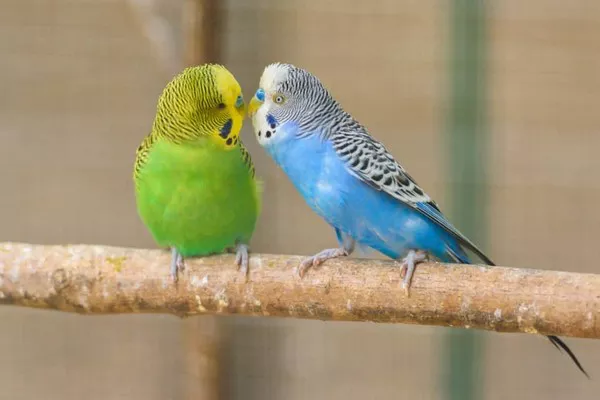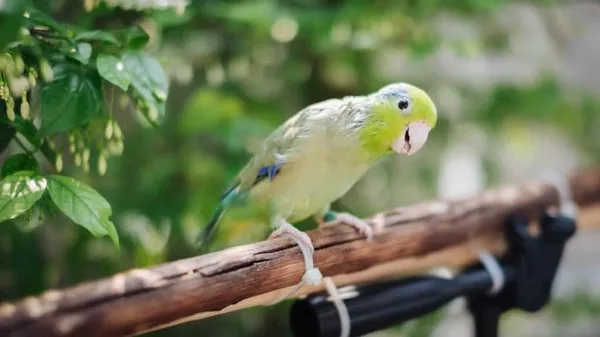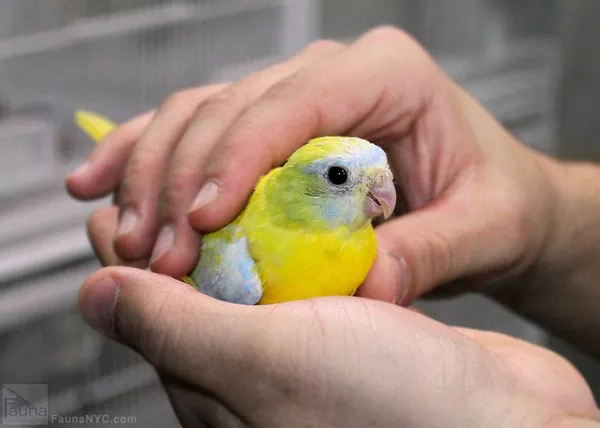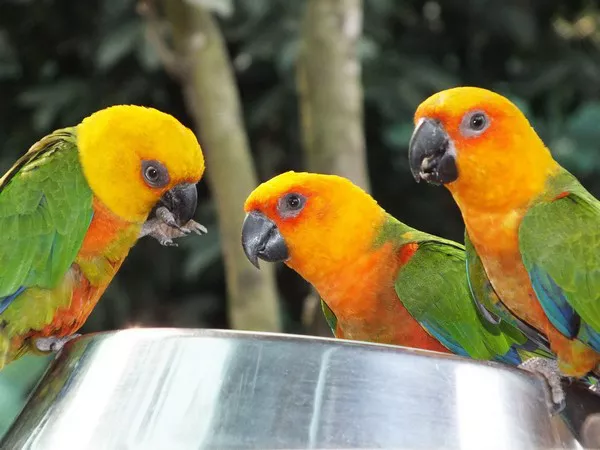African Gray Parrots, renowned for their remarkable intelligence and engaging personalities, are beloved pets for bird enthusiasts worldwide. However, one question that often arises among prospective owners is, “How loud are African Grays?” In this article, we will explore the vocalizations of African Gray Parrots, the factors influencing their noise levels, and strategies to manage and enjoy your pet‘s vocal nature harmoniously.
Understanding African Gray Parrots’ Vocalizations
African Gray Parrots are known for their impressive vocal abilities, which can be both endearing and challenging for their owners. To comprehend their noise levels, it’s essential to recognize the various types of vocalizations these birds produce:
Mimicry: African Grays have an exceptional capacity to mimic sounds, including human speech, doorbells, phones, and other environmental noises. While this mimicry can be fascinating, it can also lead to unexpected and sometimes loud vocalizations.
Contact Calls: These are soft, pleasant sounds African Grays use to communicate with their owners or other birds in the wild. They typically serve as a form of reassurance when they are separated from their flock or human companions.
Screaming: African Grays can produce loud and piercing screams when they are distressed, anxious, or seeking attention. This can be challenging for owners, especially if the screaming becomes excessive.
Factors Influencing African Gray Noise Levels
The noise levels of African Gray Parrots can vary widely depending on several factors:
Age: Younger birds often exhibit more vocal behavior as they explore and learn to communicate. With age, they tend to become more selective and controlled in their vocalizations.
Individual Personality: Just like humans, each African Gray has its unique personality. Some may be naturally quieter, while others might be more talkative or prone to vocalizing.
Environmental Stimuli: African Grays are highly attuned to their surroundings. Changes in their environment, such as new people, noises, or objects, can trigger vocal responses.
Attention-Seeking: African Grays are social birds that crave interaction. If they feel neglected or bored, they may become more vocal to gain their owner’s attention.
Managing African Gray Parrot Vocalizations
Managing the noise levels of African Gray Parrots is crucial for both their well-being and the peace of their human companions. Here are some effective strategies:
Positive Reinforcement: Reward your African Gray when they produce desirable vocalizations, such as talking or pleasant chirping. This encourages them to continue these behaviors while reducing excessive noise.
Training: Invest time in training your African Gray to understand specific cues or commands. This not only stimulates their mental faculties but also allows you to control their vocalizations more effectively.
Environmental Enrichment: Provide toys, puzzles, and activities that keep your parrot mentally engaged and physically active. A stimulated bird is less likely to engage in excessive vocalizations out of boredom.
Routine: Establish a consistent daily routine for feeding, playtime, and interaction. African Grays thrive on predictability, and a structured routine can help reduce anxiety-related vocalizations.
Social Interaction: Spend quality time with your African Gray, offering companionship and mental stimulation. A well-socialized parrot is less likely to scream for attention.
Quiet Time: Allow your bird some quiet time for rest and relaxation. Cover their cage partially or create a designated quiet area in your home to reduce external stimuli.
Consult a Professional: If excessive vocalization persists despite your efforts, consider consulting a professional avian behaviorist or veterinarian. They can provide expert guidance tailored to your bird’s specific needs.
Conclusion
African Gray Parrots are undoubtedly vocal and expressive pets, but their noise levels can be managed effectively with patience, understanding, and proper care. By recognizing the factors influencing their vocalizations and implementing strategies to engage and enrich their lives, you can enjoy the companionship of these remarkable birds while minimizing disruptive noise. Remember that each African Gray is unique, and with time and dedication, you can establish a harmonious relationship that allows both you and your pet to thrive in your shared environment.
Recommended reading:
























